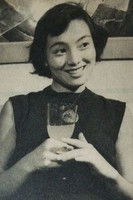
From Wikipedia, the free encyclopedia. Sachiko Hidari (左 幸子, Hidari Sachiko, 29 June 1930 – 7 November 2001) was a Japanese film actress. She appeared in 42 films between 1952 and 1995. At the 14th Berlin International Film Festival she won the Silver Bear for Best Actress for her roles in Kanojo to kare and The Insect Woman. In 1977, she directed and starred in the film The Far Road, which wa...
Explore all movies appearances
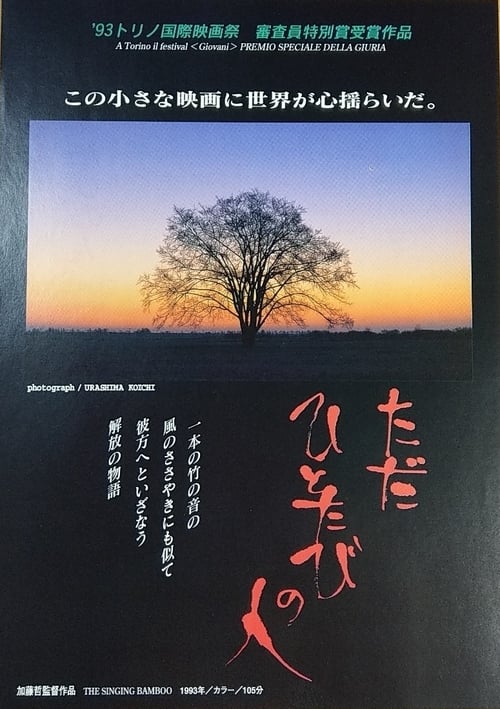
Won Jury's Special Award at the Turin International Film Festival of Young Cinema 1993
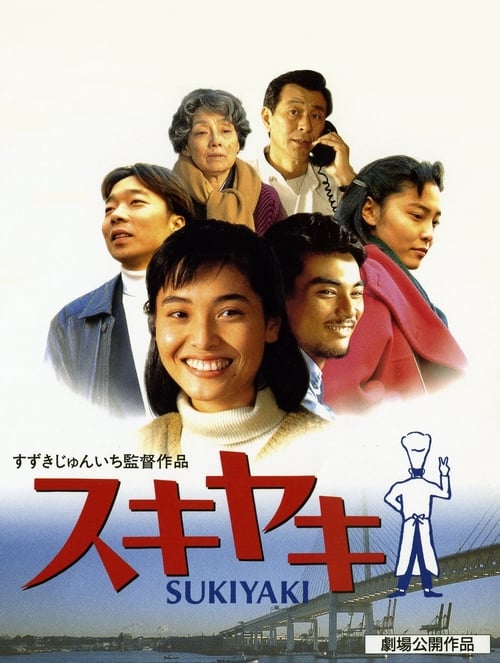
Sukiyaki can be viewed two ways, a popular Japanese cuisine or a gathering of a family. This heart-warming comedy takes place in Yokohama, where the Mihara family owns a restaurant called “Boston Grill”. Experience the ups and downs of this family and learn how they deal with the everyday problems they are faced with during difficult times.
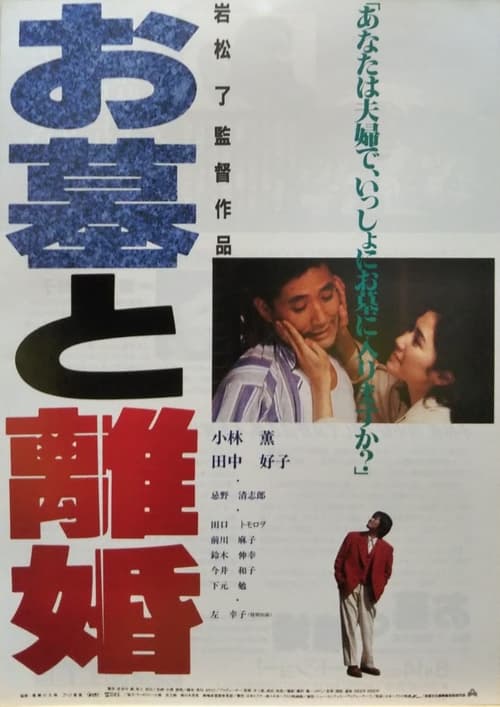
Yoshinori sells plots of land in a cemetery, and is involved in a stale ten-year-old marriage with bored housewife Atsuko. When Atsuko makes a male friend at her leather-working class, Yoshinori has a fit. This is on top of the myriad of odd clients that he must appease.
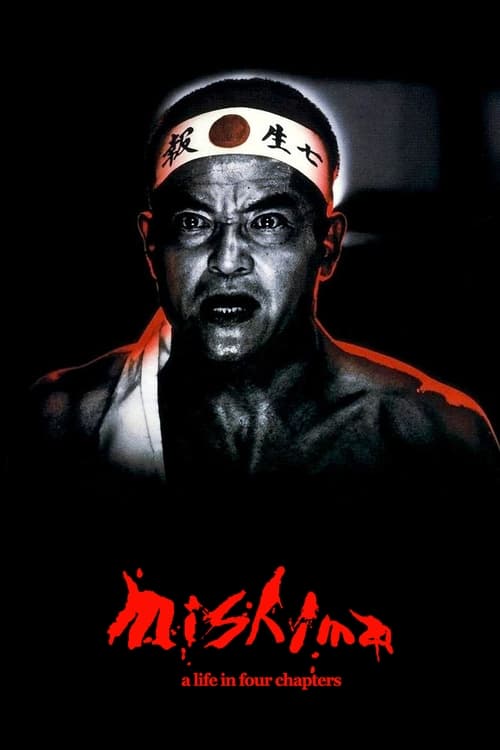
A fictional account of the life of Japanese author Yukio Mishima, combining dramatizations of three of his novels and a depiction of the events of November 25th, 1970.

Hoshino Bunzo raises up his orphan grandson, Keiji whose right leg gets paralyzed when he was an infant. Bunzo loves Keiji so much that he does every thing to protect his grandson. Sonoda Keiko, a new young teacher comes to the school when a new term starts. She wants Keiji to go back to school. After two years absence from school, Keiji tries to attend the class but he cannot continue. All pupils hold an exhibition of Keiji’s paintings in the village shrine to make him happy. He is very pleased and gives his paintings to them and to Keiko, he gives a painting entitled "Spring Pony". When this picture is awarded a prize in the National Friendship Painting Compettition, it is like a new beginning for Keiji’s family.
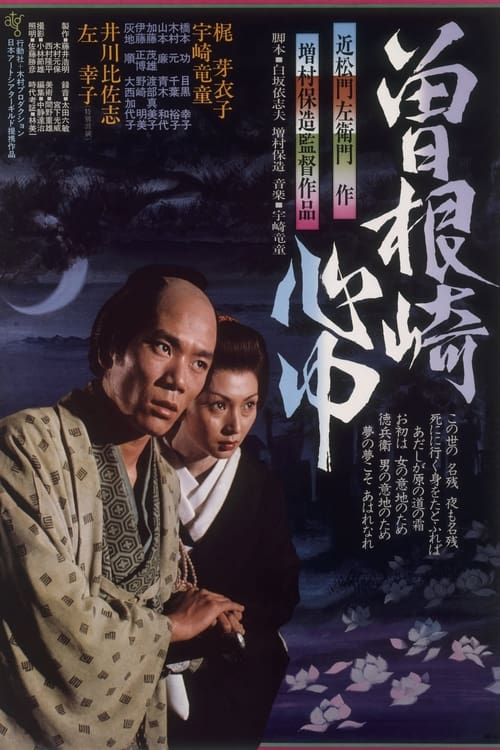
Suicide has long been used as a form of social protest in Japan. In this film, set in 1703, samurai culture is being transformed by the emergence of a new merchant class. Elements of the social contract are beginning to unravel, and some unscrupulous people took undue advantage of these changes before the social order was re-created. In this story, a rich merchant gives his clerk an I.O.U. instead of wages. When the impoverished clerk presents the paper to the merchant at the agreed upon time asking for payment, the man flies into a rage and pretends he never wrote it and claims the clerk is trying to defraud him. Then he sets his henchmen on the clerk to administer a beating.
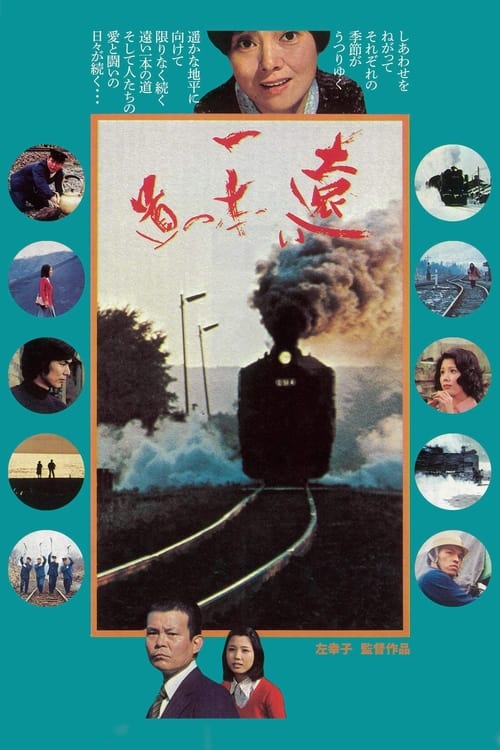
Set in the time of steam locomotives and covering a period of almost 30 years, this sensitive film tells the story of the wife of a railroad worker in the northern part of Japan. The ferocious local class restrictions work to keep her husband in his place, as does his lack of education.

First live action adaptation of Keiji Nakazawa's manga.
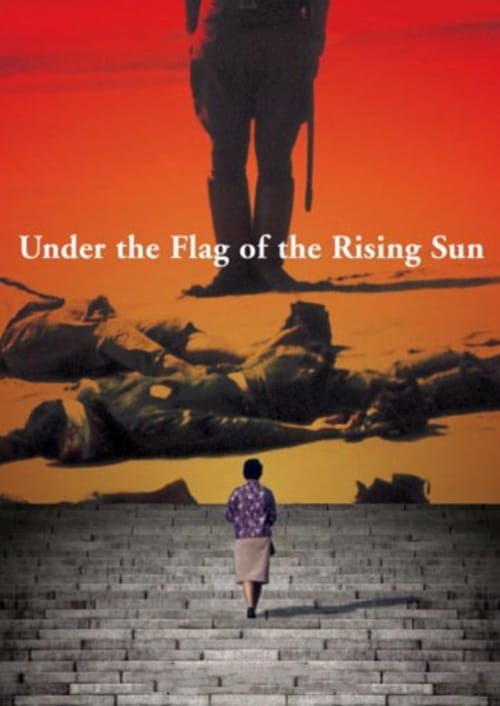
A war widow determined to clear the name of her disgraced husband, who was court-martialed for desertion and executed. Official records have been destroyed, and the ministry that distributes benefits continues to deny her a pension. Twenty-six years after the war, she seeks out four survivors of her husband's garrison. Each tells a dramatically different story about her husband's conduct, but she is determined to learn the truth.
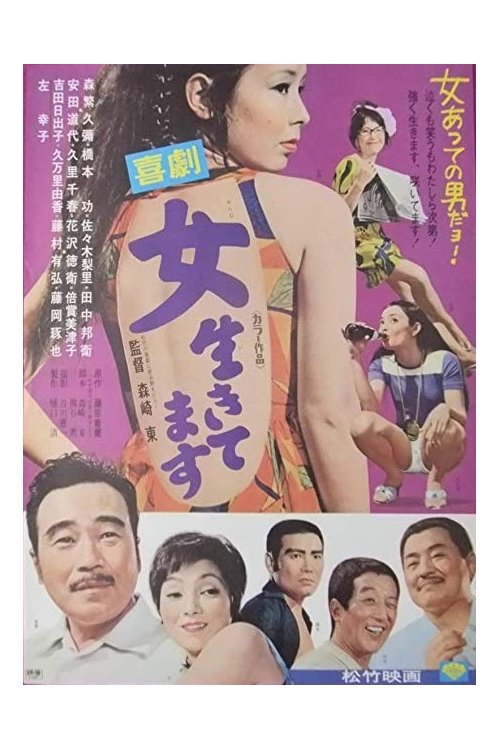
Comedy centered on a stripper agency
Subscribe for exclusive insights on movies, TV shows, and games! Get top picks, fascinating facts, in-depth analysis, and more delivered straight to your inbox.